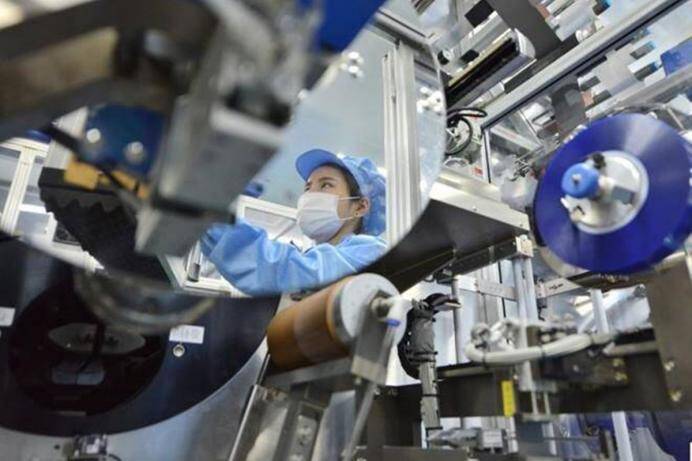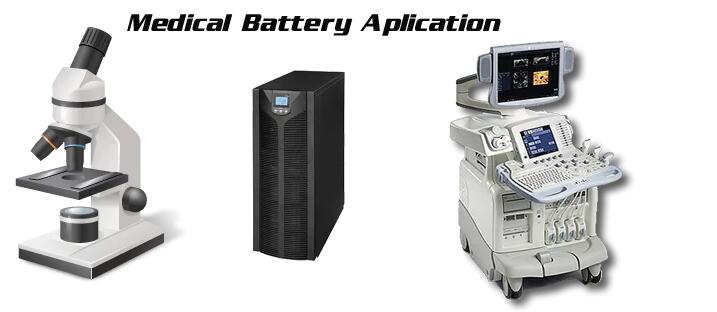High-Capacity 100Ah Lithium Iron Phosphate (LiFePO4) Battery for Long-Lasting Power
In the world of batteries, there are many different types and technologies available. One of the most popular and promising technologies is the lithium iron phosphate (LiFePO4) battery. This type of battery has become increasingly popular in recent years, due to its high capacity, long lifespan, and excellent safety profile. In this article, we will take a closer look at the high-capacity 100Ah LiFePO4 battery, and explore its features and benefits.
First of all, it is worth noting that the LiFePO4 battery chemistry is quite different from the more commonly known lithium-ion (Li-ion) batteries. While Li-ion batteries use a lithium cobalt oxide cathode, LiFePO4 batteries use a lithium iron phosphate cathode. This makes them more stable and less prone to overheating or catching fire, which is a significant safety advantage.
Another advantage of LiFePO4 batteries is their high energy density, which allows them to store more energy per unit of weight or volume than other battery chemistries. The 100Ah capacity of the battery we are discussing here means that it can store 100 ampere-hours of energy. This makes it suitable for a wide range of applications, from electric vehicles to solar power systems, and from marine applications to backup power for homes or businesses.
One of the key features of the high-capacity LiFePO4 battery is its long lifespan. Unlike many other battery technologies, LiFePO4 batteries can last for thousands of charge cycles without significant degradation. This means that they can be used for many years without needing to be replaced, which can save money and reduce waste. Additionally, LiFePO4 batteries can operate in a wide range of temperatures, from -20°C to 60°C, without significant loss of performance. This makes them suitable for use in harsh environments, such as off-grid solar installations or marine applications.

The high-capacity LiFePO4 battery is also lightweight and compact compared to other batteries with comparable capacity. This makes it easier to transport and install, and allows it to be used in applications where space and weight are at a premium. Additionally, the LiFePO4 chemistry is more environmentally friendly than many other battery chemistries, as it does not contain toxic materials such as lead or cadmium.
In conclusion, the high-capacity 100Ah LiFePO4 battery is a versatile and reliable power source that offers many advantages over other battery technologies. Its high energy density, long lifespan, excellent safety profile, and environmental friendliness make it a popular choice for a wide range of applications. Whether you are looking to power an electric vehicle, a solar installation, or a backup power system, the LiFePO4 battery is definitely worth considering.
-
 Introduction: In recent years, outdoor activities and adventures have gained immense popularity, with more and more people seeking solace and adventure in nature. As a result, the demand for advanced camping equipment and technology has increased exponentially. One such revolutionary innovation is the lithium camper battery. This article will discuss how lithium camper batteries have transformed outdoor adventures, providing campers...더 읽어보세요
Introduction: In recent years, outdoor activities and adventures have gained immense popularity, with more and more people seeking solace and adventure in nature. As a result, the demand for advanced camping equipment and technology has increased exponentially. One such revolutionary innovation is the lithium camper battery. This article will discuss how lithium camper batteries have transformed outdoor adventures, providing campers...더 읽어보세요 -
 Introduction Powering a boat is crucial for any maritime adventure. Using a reliable energy source is essential to ensure a smooth and enjoyable experience on the water. A cranking marine battery is one such energy source that provides the necessary power to start and run a boat's engine. In this article, we will explore the benefits and features of a...더 읽어보세요
Introduction Powering a boat is crucial for any maritime adventure. Using a reliable energy source is essential to ensure a smooth and enjoyable experience on the water. A cranking marine battery is one such energy source that provides the necessary power to start and run a boat's engine. In this article, we will explore the benefits and features of a...더 읽어보세요 -
 Introduction In the dynamic landscape of telecommunications, communication base stations play a pivotal role in ensuring seamless connectivity. A critical component of these base stations is the lithium battery, a power source that has revolutionized the efficiency and reliability of communication networks. Understanding Communication Base Stations: Communication base stations serve as the nerve centers of our interconnected world, facilitating the...더 읽어보세요
Introduction In the dynamic landscape of telecommunications, communication base stations play a pivotal role in ensuring seamless connectivity. A critical component of these base stations is the lithium battery, a power source that has revolutionized the efficiency and reliability of communication networks. Understanding Communication Base Stations: Communication base stations serve as the nerve centers of our interconnected world, facilitating the...더 읽어보세요 -
 Off-roading has always been an exhilarating and adventurous activity for outdoor enthusiasts. Whether it is conquering rough terrains, crossing muddy trails, or navigating through challenging landscapes, the thrill of off-roading is unmatched. However, the traditional off-roading vehicles often come with a significant drawback - the limited range and power supply. This limitation is now being overcome with the revolutionary UTV...더 읽어보세요
Off-roading has always been an exhilarating and adventurous activity for outdoor enthusiasts. Whether it is conquering rough terrains, crossing muddy trails, or navigating through challenging landscapes, the thrill of off-roading is unmatched. However, the traditional off-roading vehicles often come with a significant drawback - the limited range and power supply. This limitation is now being overcome with the revolutionary UTV...더 읽어보세요 -
 배터리 유형 및 화학 보트용 해양 배터리를 선택할 때 가장 먼저 중요한 고려 사항은 배터리 유형과 화학입니다. 일반적인 옵션에는 침수 납산, AGM(흡수성 유리 매트) 및 리튬 이온 배터리가 포함됩니다. 각 유형에는 유지 관리 요구 사항, 수명 및 무게와 같은 장점과 단점이 있습니다. 이러한 배터리 유형의 차이점을 이해하고 하나를 선택하십시오...더 읽어보세요
배터리 유형 및 화학 보트용 해양 배터리를 선택할 때 가장 먼저 중요한 고려 사항은 배터리 유형과 화학입니다. 일반적인 옵션에는 침수 납산, AGM(흡수성 유리 매트) 및 리튬 이온 배터리가 포함됩니다. 각 유형에는 유지 관리 요구 사항, 수명 및 무게와 같은 장점과 단점이 있습니다. 이러한 배터리 유형의 차이점을 이해하고 하나를 선택하십시오...더 읽어보세요 -
 In the field of modern medicine, with the rapid advancement of science and technology, various advanced medical devices have emerged in an endless stream, providing strong support for doctors' diagnosis and treatment. Behind these devices, lithium batteries, as an important power source, play an indispensable role. Lithium batteries for medical equipment are not only required to have high energy density,...더 읽어보세요
In the field of modern medicine, with the rapid advancement of science and technology, various advanced medical devices have emerged in an endless stream, providing strong support for doctors' diagnosis and treatment. Behind these devices, lithium batteries, as an important power source, play an indispensable role. Lithium batteries for medical equipment are not only required to have high energy density,...더 읽어보세요 -
 Introduction: In recent years, the demand for seamless and uninterrupted communication networks has surged, especially with the increasing reliance on mobile devices and the internet. However, ensuring reliable network coverage in remote areas or during power outages remains a challenge. In response, the implementation of lithium battery-powered base stations has emerged as a viable solution. This article delves into the...더 읽어보세요
Introduction: In recent years, the demand for seamless and uninterrupted communication networks has surged, especially with the increasing reliance on mobile devices and the internet. However, ensuring reliable network coverage in remote areas or during power outages remains a challenge. In response, the implementation of lithium battery-powered base stations has emerged as a viable solution. This article delves into the...더 읽어보세요

